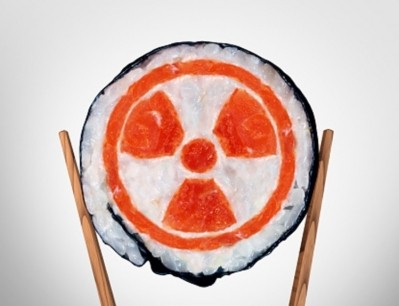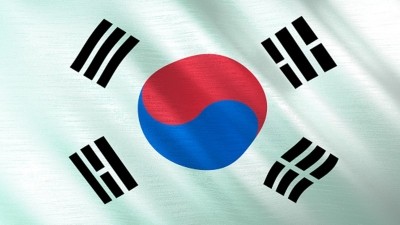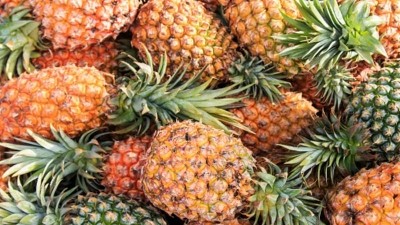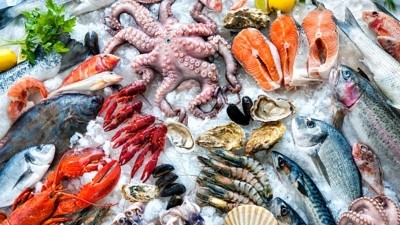‘Nuclear foods’ progress: Just 15 countries worldwide left still restricting Japanese food from districts stricken by Fukushima disaster
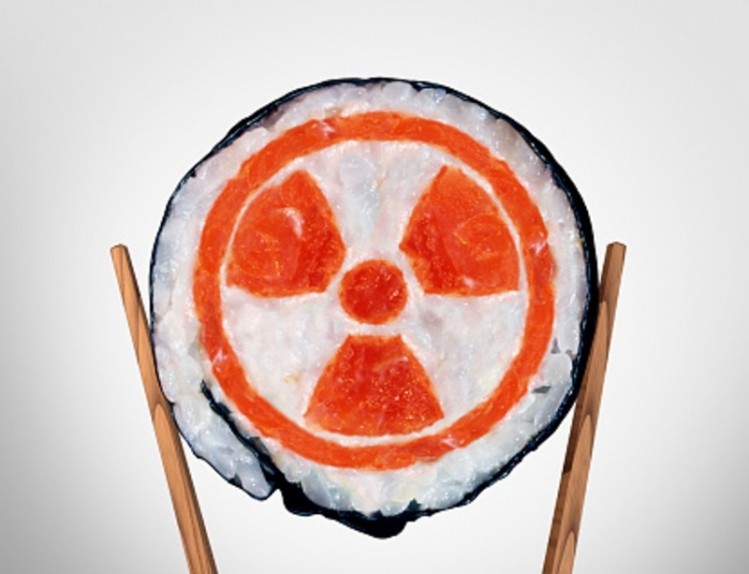
Over the past few months, several countries in the Middle East have progressively removed all import restrictions previously imposed on foods coming in from Japanese prefectures within the vicinity of the 2011 Fukushima Daiichi nuclear plant disaster, deemed to be associated with radioactive ‘nuclear food’.
The prefectures particularly hard hit by the disaster were those in closest vicinity to the powerplant, particularly Fukushima, Gunma, Ibaraki, Tochigi and Chiba.
Egypt abolished all import restrictions in November 2020, followed by Lebanon and the United Arab Emirates in December, and most recently Israel last month.
“The Government of Japan welcomes this decision by the Government of Israel [to] remove all regulatory measures to mandate inspections or radioactive material inspection reports for all food products from [Japan],” said the Ministry of Foreign Affairs of Japan (MOFA) via a formal statement.
“The Israeli government undertook regulatory measures [to control food imports from] the prefectures [affected by the Fukushima Daiichi Nuclear Power station accident] exported to the country, but it has been confirmed that these regulations have been abolished as of January 2021.”
According to MOFA data, this means that there are now just 15 countries or regions left worldwide that continue to impose any form of import restrictions on foods from Japan – restrictions that the country has repeatedly insisted are ‘not scientific’.
Of these, 10 still allow imports based on certain conditions: Indonesia, French Polynesia, the United States, the EU, Iceland, Switzerland, Norway, Liechtenstein, Russia and Singapore still require certifications, inspections or other documentation before allowing entry.
Singapore for instance still requires a certificate of production origin for products from the relevant prefectures, and a certificate of radionuclide pre-testing on products from Fukushima.
“The test certificate is to certify that the food has been tested and no radioactive contaminants were detected above 100 Bq/kg for radioactive caesium,” a Singapore Food Agency (SFA) spokeswoman said.
The other five countries still maintaining strict bans on foods from the affected Japanese prefectures are ironically some of those closest to it geographically: South Korea, Taiwan, China, Hong Kong and Macau and Japan has been working particularly hard to repair its reputation here.
“So far out of the 54 countries/region that implemented import control measures on Japanese foods, Japan has managed to get restrictions removed from 39 countries or regions worldwide [including the Philippines and Middle Eastern countries],” said MOFA.
“[Before COVID-19 hit], many efforts have made to repair the reputational damage cause by the nuclear disaster, including trying to transmit [what the situation is like on the ground] to foreigners via foreign media and expatriates in Japan, [including those] from South Korea and China.
In addition, MOFA stressed that it already had ‘ambassadors [in charge of] international trade at work in the capitals of each country’ and had dedicated resources to clearly communicate Japan’s efforts to ensure local food safety in its efforts to remove all bans.
“Japan’s food goes through strict food monitoring, and utilizes very strict reference tests so as to be internationally comparable, and a system is set up to prevent any foods with [radioactive material] values above reference values to enter the market - [Our ambassadors are] explaining these efforts to countries/regions that maintain entry barriers and regulations,” said the ministry.
“We are also utilizing various diplomatic opportunities such as talks and international conferences, and working with the Prime Minister and MOFA Minister Toshimitsu Motegi on getting these messages through].”
Remaining countries likely hard to crack
Despite the enormous progress that has been made, MOFA and the Japanese government as a whole likely still has a long and difficult journey ahead when it comes to getting regulations relaxed in the remaining five countries.
South Korea’s ban on Fukushima seafood was initially deemed by a WTO dispute body to be ‘arbitrarily and unjustifiably discriminate against Japanese products’, and was set to be lifted in 2018, but was overturned by the WTO Appellate Body in 2019 after an appeal.
The trade restrictions have remained in place since and WTO’s move has set a precedent that likely makes it harder for such cases to easily move forward, despite Japan’s Ministry of Agriculture, Forestry and Fisheries (MAFF) emphasizing that it ‘did not acknowledge that South Korea’s measures comply with WTO rules’.
“There is no change in Japan’s position of demanding that South Korea lift all the restrictions and we will pursue this via talks with South Korea,” said the ministry in a statement.
In Taiwan, there has been adamant resistance against the import of ‘nuclear foods’, although many are claiming the motivation for this to be more political than scientific and a scheme by opposition political party Kuomintang, which submitted a referendum request in 2018 to continue the ban, to stir the waters.
Almost 40% of eligible voters at the 2018 referendum held on abolishing the ‘nuclear foods’ ban voted to continue banning these imports. This ban has also continued till date despite great risk to Taiwan’s bilateral trade ties with Japan, and it will be unlikely that any headway can be made until the political aspects to this are solved.
China on the other hand has been amicably discussing the lifting of import restrictions with Japan for several years, but till date bans have only been lifted for one food item, which is rice from Niigata prefecture.
Records published on MOFA of a conversation between the foreign ministers of both China and Japan in 2020 only included an agreement to ‘communicate closely’ on this issue, but no specific further progress.
